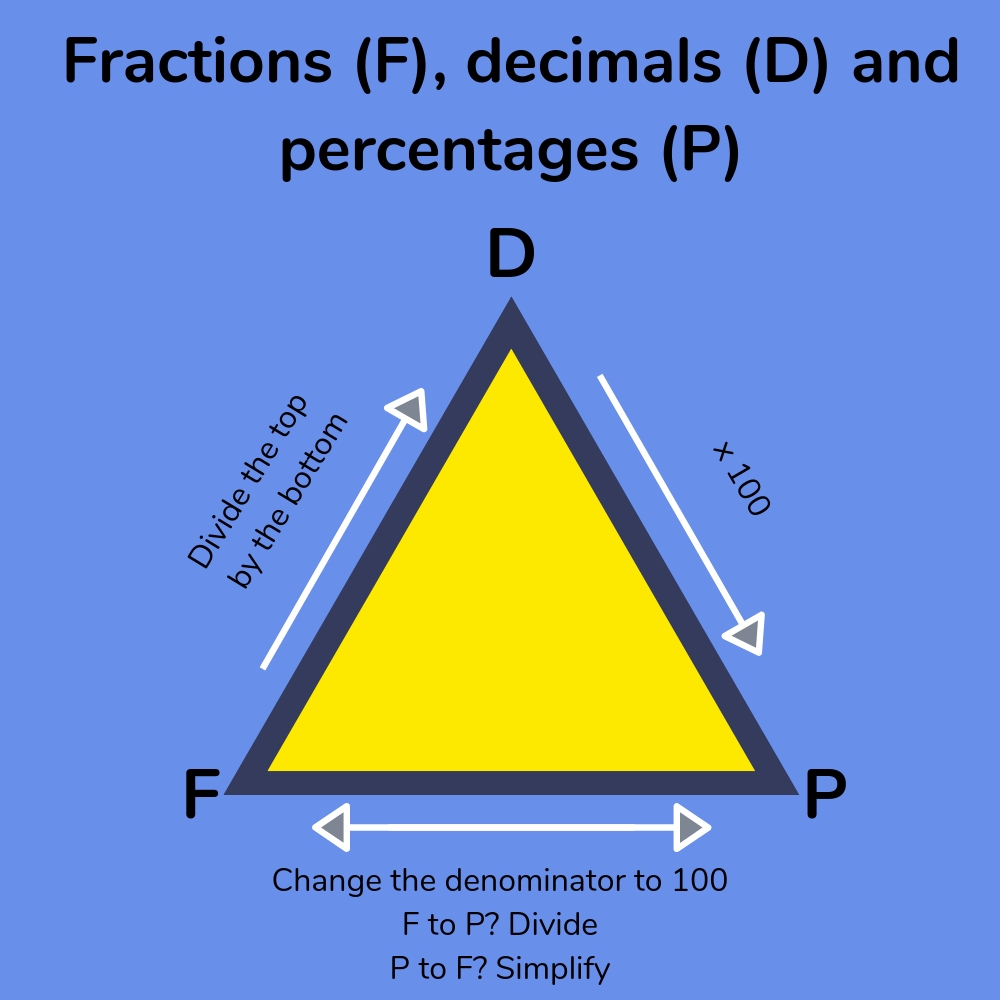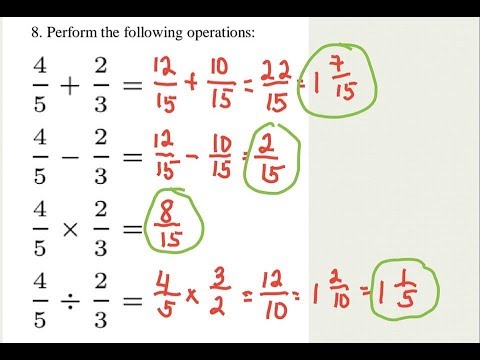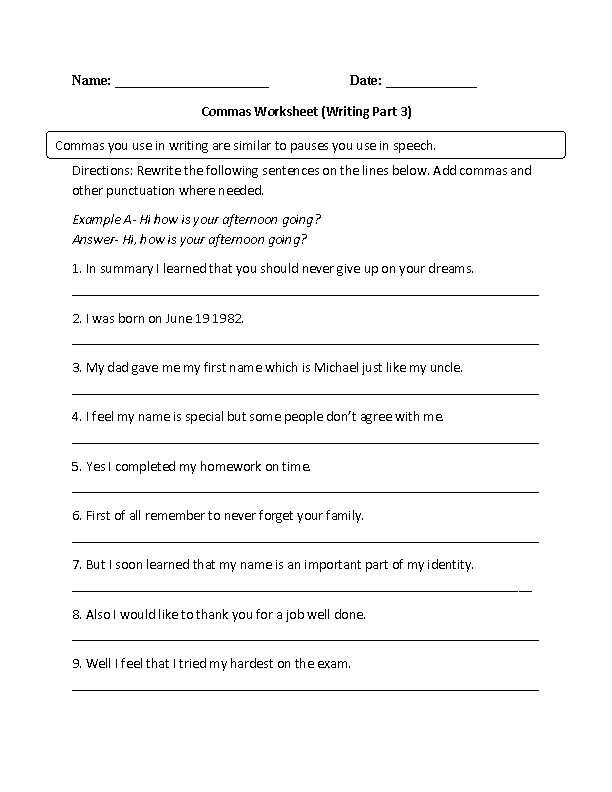7 CBT Worksheets for Weight Loss Success
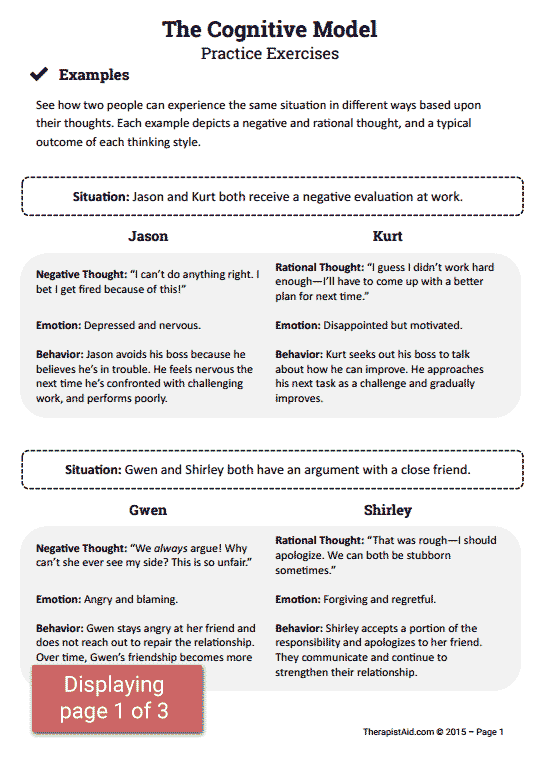
7 CBT Worksheets for Weight Loss Success
Are you struggling to reach your weight loss goals? Do you find yourself constantly battling with food cravings, emotional eating, and negative self-talk? Cognitive Behavioral Therapy (CBT) can be a powerful tool to help you overcome these obstacles and achieve weight loss success. In this article, we will explore 7 CBT worksheets that can help you develop a healthier relationship with food and your body.
What is CBT?
Cognitive Behavioral Therapy (CBT) is a type of psychotherapy that focuses on identifying and changing negative thought patterns and behaviors. CBT is based on the idea that our thoughts, feelings, and actions are interconnected, and that by changing one of these components, we can affect the others.
How Does CBT Relate to Weight Loss?
When it comes to weight loss, CBT can help you identify and challenge negative thought patterns that may be sabotaging your efforts. For example, if you think “I’ll never be able to stick to this diet,” you may be more likely to give up and indulge in unhealthy foods. By using CBT worksheets, you can learn to recognize and challenge these thoughts, replacing them with more positive and empowering ones.
CBT Worksheet 1: Identifying Negative Self-Talk
Negative self-talk can be a major obstacle to weight loss. This worksheet can help you identify and challenge negative self-statements that may be holding you back.
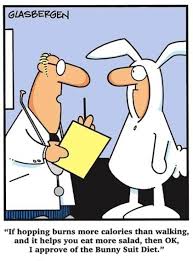
| Negative Self-Statement | Challenge |
|---|---|
| I’m a failure for eating that extra slice of cake. | I made a mistake, but I can learn from it and move forward. |
| I’ll never be able to stick to this diet. | I’ve made progress before, and I can do it again. |
| I’m so weak for giving in to cravings. | I’m human, and it’s okay to make mistakes. I can learn to cope with cravings in healthier ways. |
CBT Worksheet 2: Understanding Emotional Eating
Emotional eating can be a major challenge for many people trying to lose weight. This worksheet can help you understand why you turn to food when you’re feeling emotional.
| Emotion | Why I Turn to Food | Healthier Alternative |
|---|---|---|
| Stress | I feel anxious and overwhelmed. | I can take a few deep breaths, go for a walk, or practice yoga. |
| Sadness | I feel comforted by the taste and texture of food. | I can talk to a friend, write in a journal, or engage in a hobby I enjoy. |
| Boredom | I’m looking for something exciting to do. | I can try a new recipe, take a class, or volunteer in my community. |
CBT Worksheet 3: Challenging Food Cravings
Food cravings can be a major obstacle to weight loss. This worksheet can help you identify and challenge cravings in a healthier way.
| Craving | Why I Want It | Challenge |
|---|---|---|
| Ice cream | I’m feeling stressed and need a pick-me-up. | I can take a few deep breaths, go for a walk, or practice yoga instead. |
| Chips | I’m bored and looking for something to do. | I can try a new recipe, take a class, or engage in a hobby I enjoy instead. |
| Pizza | I’m feeling lazy and don’t want to cook. | I can prepare a healthier meal in advance, or try a new recipe that’s quick and easy. |
CBT Worksheet 4: Building Self-Compassion
Self-compassion is essential for weight loss success. This worksheet can help you develop a more compassionate and supportive relationship with yourself.
| Negative Self-Statement | Challenge |
|---|---|
| I’m so disappointed in myself for eating that extra slice of cake. | I’m human, and it’s okay to make mistakes. I can learn from it and move forward. |
| I’m such a failure for not meeting my weight loss goals. | I’ve made progress before, and I can do it again. I’m proud of myself for trying. |
| I’m so ashamed of my body. | I’m beautiful, inside and out. I deserve to be treated with kindness and respect, regardless of my weight. |
CBT Worksheet 5: Understanding Hunger and Fullness Cues
Understanding hunger and fullness cues is essential for healthy eating. This worksheet can help you tune in to your body’s natural hunger and fullness signals.
| Hunger Level | Physical Sensations | Emotional State |
|---|---|---|
| 1 (Not Hungry) | I feel light and empty. | I’m feeling calm and relaxed. |
| 5 (Moderately Hungry) | I feel a slight rumble in my stomach. | I’m feeling slightly anxious and irritable. |
| 10 (Extremely Hungry) | I feel a strong rumble in my stomach. | I’m feeling extremely anxious and irritable. |
CBT Worksheet 6: Planning for Challenges
Challenges are inevitable when trying to lose weight. This worksheet can help you plan for common challenges and develop strategies for overcoming them.
| Challenge | Strategy |
|---|---|
| Eating out with friends | I can choose a healthier option, or eat a smaller portion. |
| Feeling stressed and anxious | I can take a few deep breaths, go for a walk, or practice yoga. |
| Feeling bored and looking for something to do | I can try a new recipe, take a class, or engage in a hobby I enjoy. |
CBT Worksheet 7: Celebrating Successes
Celebrating successes is essential for weight loss motivation. This worksheet can help you acknowledge and celebrate your progress, no matter how small.
| Success | Why I’m Proud |
|---|---|
| I resisted the temptation to eat an extra slice of cake. | I’m proud of myself for staying on track and making healthy choices. |
| I went for a 30-minute walk instead of watching TV. | I’m proud of myself for taking care of my body and making time for physical activity. |
| I prepared a healthy meal instead of ordering takeout. | I’m proud of myself for taking control of my food choices and making healthier decisions. |
📝 Note: Remember to be patient and compassionate with yourself throughout your weight loss journey. It's okay to make mistakes and encounter setbacks – the key is to learn from them and move forward.
By using these 7 CBT worksheets, you can develop a healthier relationship with food and your body, and achieve weight loss success. Remember to be patient and compassionate with yourself throughout your journey, and don’t be afraid to seek support from a therapist or healthcare professional if you need it.
What is CBT, and how can it help with weight loss?
+Cognitive Behavioral Therapy (CBT) is a type of psychotherapy that focuses on identifying and changing negative thought patterns and behaviors. CBT can help with weight loss by identifying and challenging negative thought patterns that may be sabotaging your efforts, such as emotional eating, food cravings, and negative self-talk.
How do I use CBT worksheets for weight loss?
+CBT worksheets can be used to identify and challenge negative thought patterns, understand emotional eating, and develop healthier coping mechanisms. Simply complete the worksheets as instructed, and use the exercises to help you develop a healthier relationship with food and your body.
Can I use CBT worksheets on my own, or do I need to work with a therapist?
+While it’s possible to use CBT worksheets on your own, working with a therapist can provide additional support and guidance. A therapist can help you identify and challenge negative thought patterns, and provide personalized feedback and encouragement throughout your weight loss journey.
